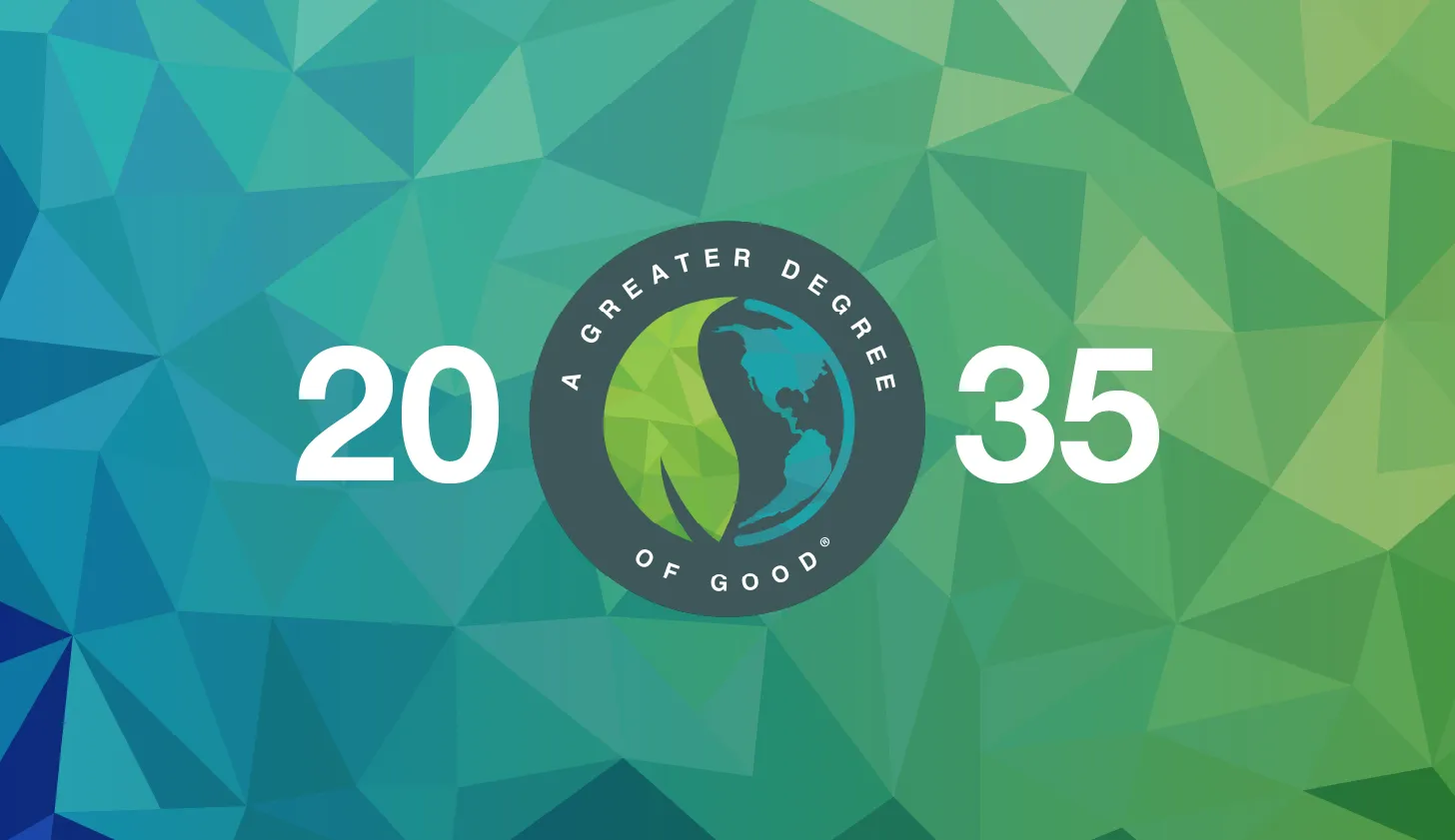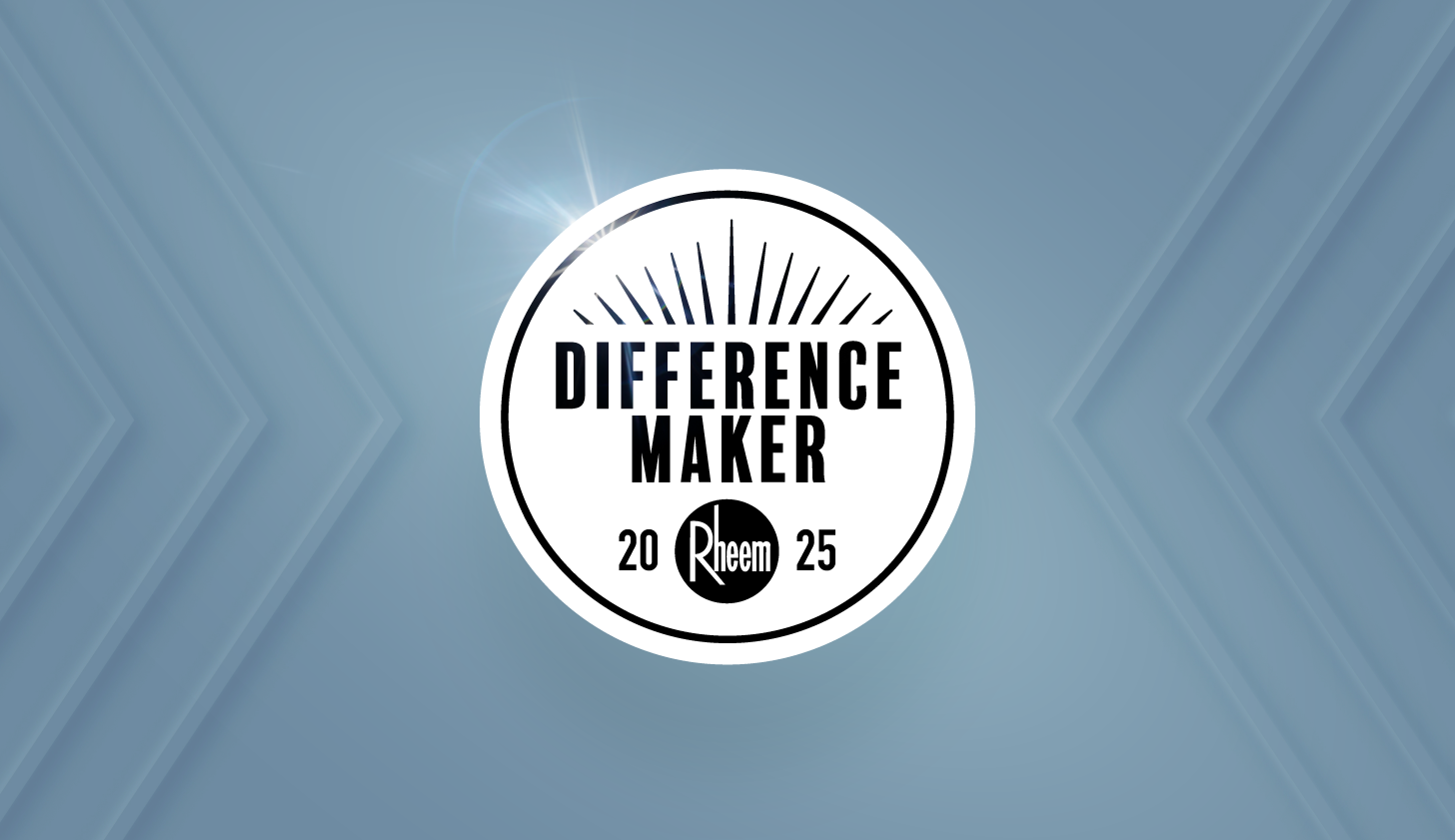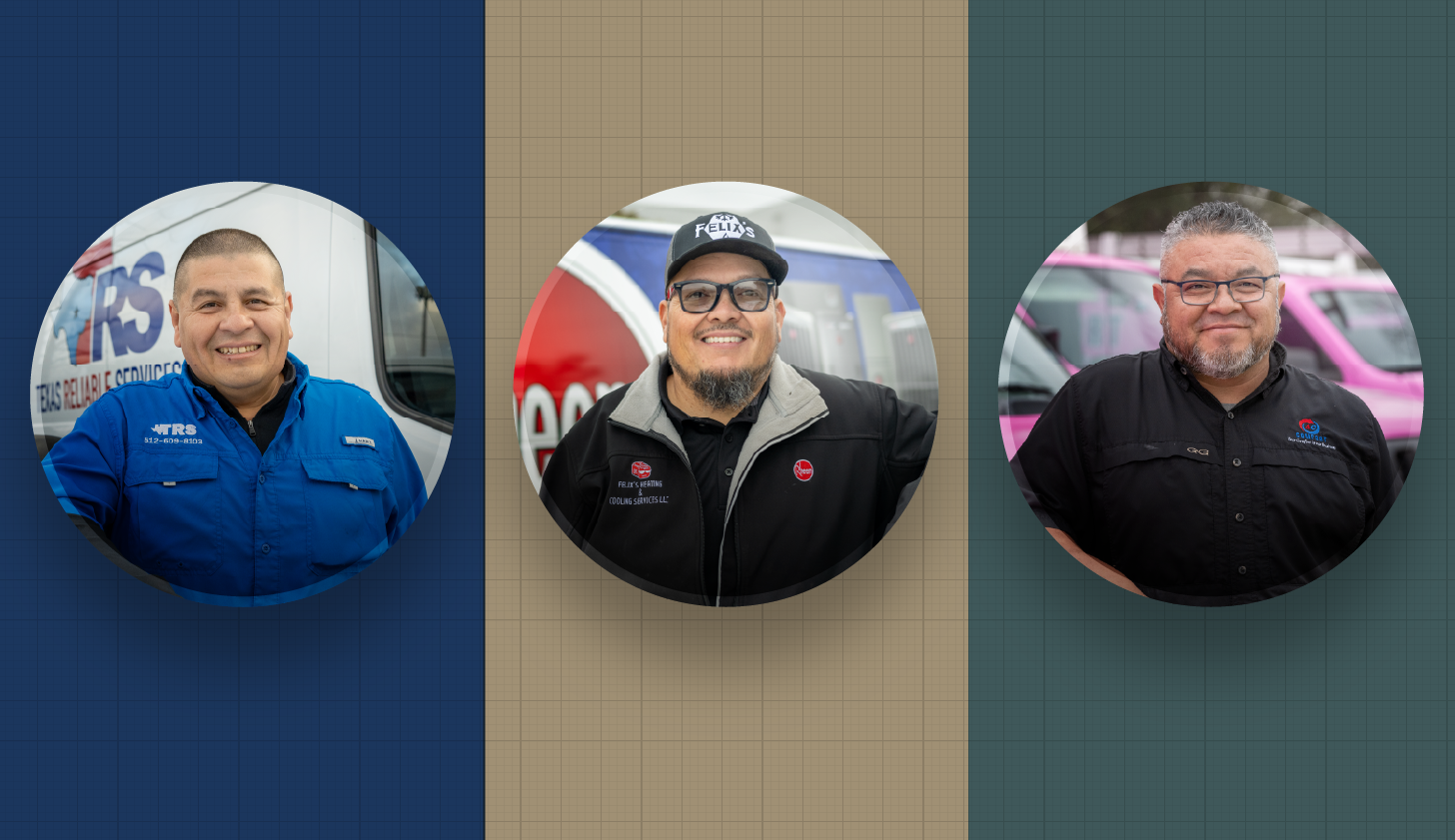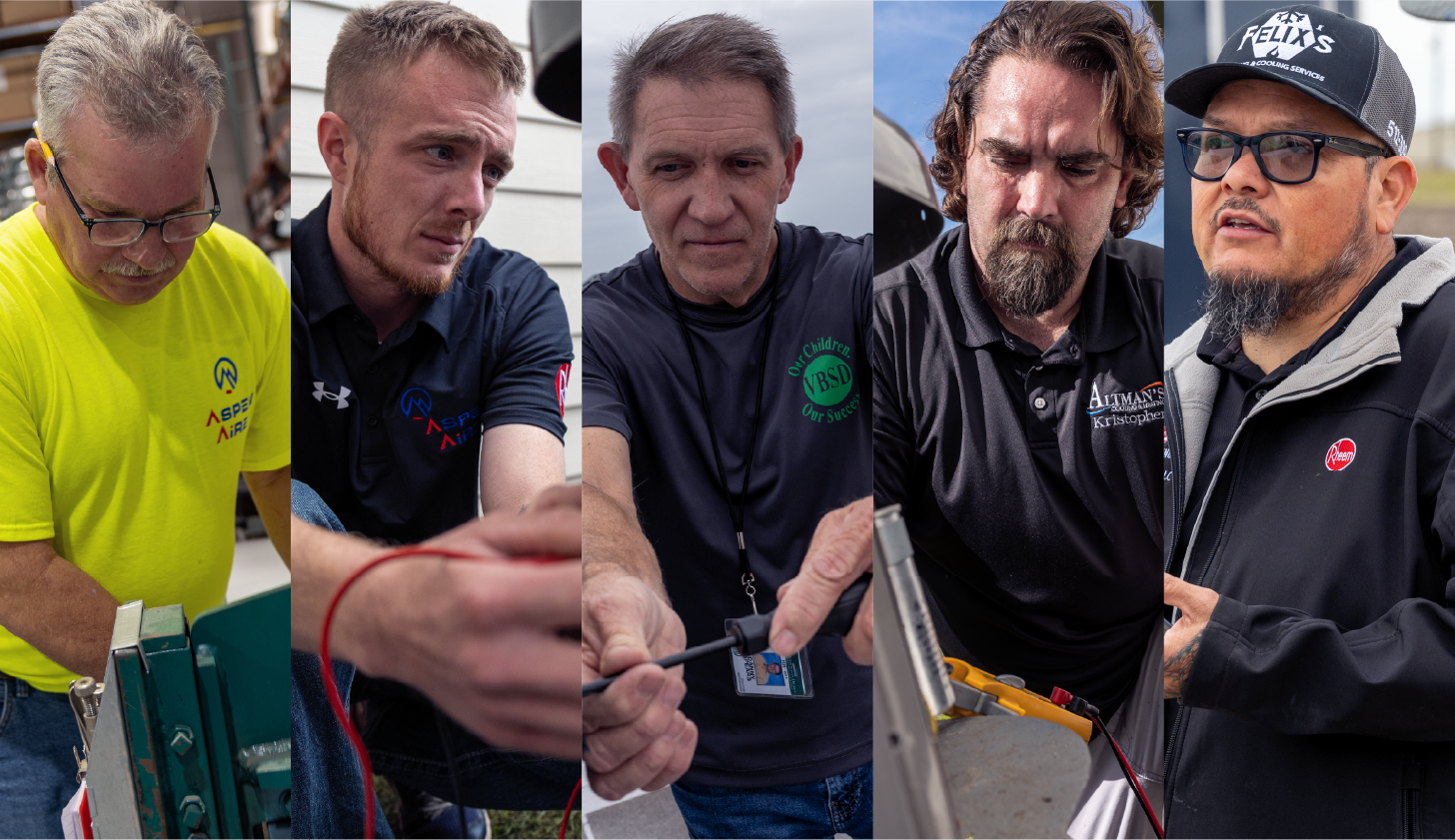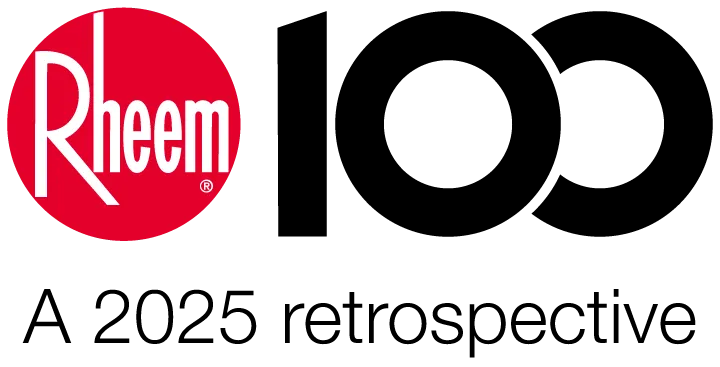NOx Emissions Reduction: Path to Clean Air
September 25, 2025
How states like California, Utah and Colorado reduce smog, ozone and NOx emissions through water heater regulation.


Plan for Tomorrow, Act for Today
Changing Environmental Standards for Appliances
As part of Rheem’s commitment to leading the way with products that truly make a difference for the planet, Rheem is focused on developing water heating products that meet regulatory requirements, reduce greenhouse gas emissions and environmental impacts while delivering reliable performance.
Our comprehensive line of ultra low NOx (ULN) tankless and gas water heaters, including Maximus® super high efficiency gas tank, meet South Coast Air Quality Management District, Utah Air Quality Board and now Colorado requirements.
State NOx Rulings for Natural Gas-fired Water Heaters
States requiring ultra low NOx water heaters expand to Colorado effective January 1, 2026. While the federal Clean Air Act adopts greenhouse gas emission limits for gas-fueled appliances, states enforcing strict NOx limits focus on reducing air pollution and smog resulting from ozone formation. The goal is to minimize health risks associated with air pollution including asthma and cardiovascular illnesses which have been linked to fine particulate matter and nitrogen oxide (NOx). The American Lung Association top 10 list of most polluted cities also includes cities in Arizona and Texas. To view NOx emissions in your area, access updated AirNow US maps.
Colorado General Assembly HB23-1161, Environmental Standards for Appliances- Effective January 1, 2026
-
- 10 ng/J limit = gas inputs ≤ 75,000 BTU/hr or
- 14 ng/J limit = gas inputs between 75,000 BTU/hr and 2,000,000 BTU/hr
Utah Code Title 15A, Chapter 6, Part 1, 15A Code 15A-6-102 Effective July 1, 2018
-
- 10 ng/J limit = gas inputs ≤ 75,000 BTU/hr or
- 14 ng/J limit = gas inputs between 75,000 BTU/hr and 2,000,000 BTU/hr
California NOx limits and enforcement vary by Air Quality Management District– Effective dates range between January 1, 1998 and January 1, 2026. For more information view our ULN Flyer. Examples of NOx limits include:
-
- 10 ng/J limit = gas inputs ≤ 75,000 BTU/hr or
- 14 ng/J limit = gas inputs above 75,000 BTU/hr to 400,000 BTU/hr
- 20 ng/J limit = gas inputs above 400,000 BTU/hr to 2,000,000 BTU/hr
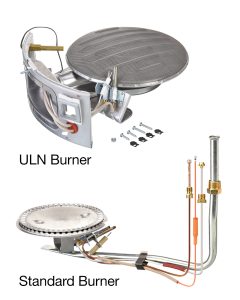
Be Confident with Rheem
Rheem ultra low NOx burners reduce NOx particle emissions up 75%1 compared to a standard gas burner that emits up to 40 ng/J of NOx. With a radiant mesh and premixed fuel and air design, an ULN atmospheric burner fires at a lower flame temperature reducing NOx emissions. Condensing gas water heaters with super high efficiency burners produce significantly less emissions. View Rheem’s robust portfolio of ultra low NOx residential water heaters.
Rheem’s residential ULN gas water heaters provide homeowners with not only the comfort of hot water, but substantial energy savings and emission reduction for the widest variety of installations.
Fast Recovery, Powerful Performance, Ultra Low NOx Emissions
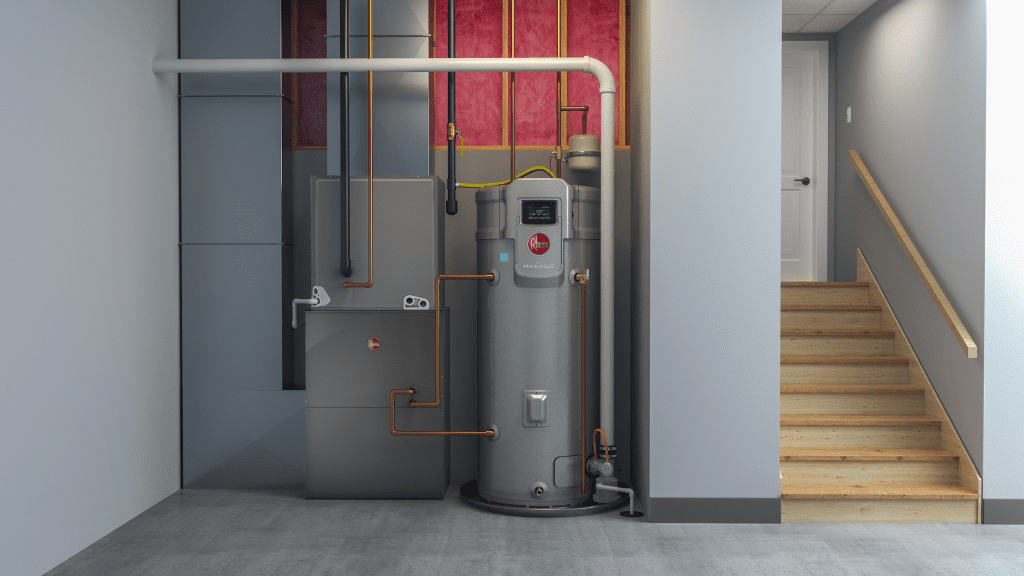

Rheem’s Maximus with LeakSense™ 40 and 50 gallon Power Vent/ Power Direct Vent models are best in class with the lowest NOx emissions, as low as 10 ng/J. Maximus is the ultimate at reducing environmental impacts and providing powerful performance.
Not only does it reduce NOx up to 75%1, its produces 2.5x the hot water of a standard gas model2, all while reducing energy use up to 36%3 with it’s efficient, yet powerful ULN burner. Maximus Built for Performance, Backed by a 12 Year Warranty.
- Energy Star Certified – qualifies for available federal tax credits and local rebates
- Fast Recovery – up to 129 Gallons Per Hour recovery at 90° rise
- High Altitude Compliant – certified to 10,100 ft. above sea level
- Space Heating Ready – combine with Rheem Hydronic Air Handlers for integrated home comfort
For more information on this product visit Rheem.com/Maximus
Want to keep helpful articles on plumbing solutions coming straight to your inbox? Subscribe to our blog here.
Follow us on social media to stay up to date on all of our useful blog content.
Facebook @RheemWater
Instagram @RheemWater
X @Rheem_Water
YouTube Rheem Water Heater Training
Plumbers’ Exchange Facebook Group for Plumbers @Plumbers.Exchange
